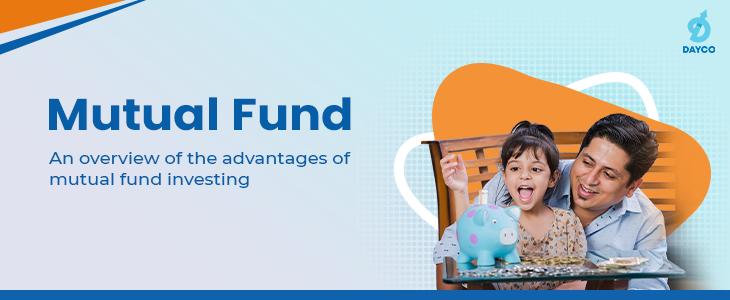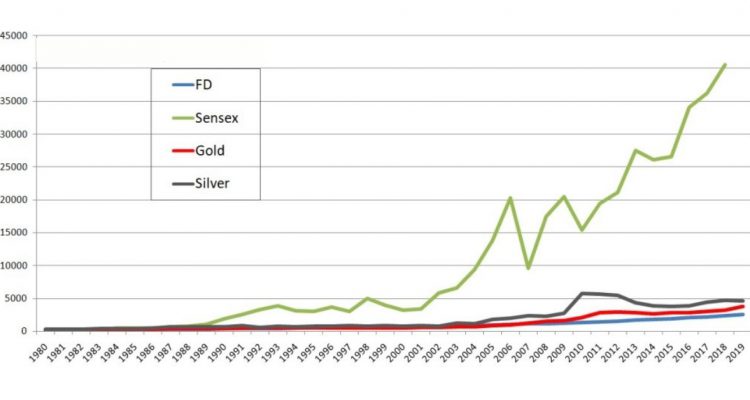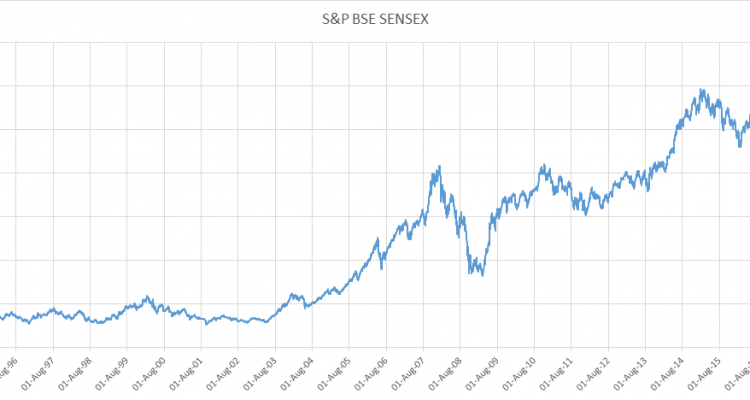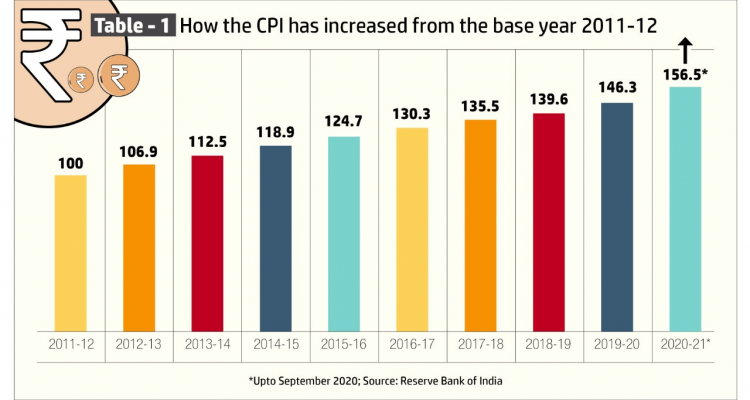You would be lying if you were to say that you haven’t heard the words “mutual funds” or “SIP” if you live in India. Thanks to the immense and successful marketing campaign by the industry, most Indians are well acquainted with mutual funds (at least the word). This is clearly reflected in the recent figures. As of 31st July this year, the Assets Under Management (AUM) of the Indian Mutual Fund Industry stood at 37.74 trillion and has witnessed a five-fold increase in a span of 10 years and around two-fold just in the last five years. Mutual funds are …
Know the Top 7 Advantages of Mutual Fund Investing



















